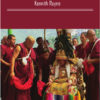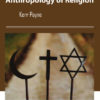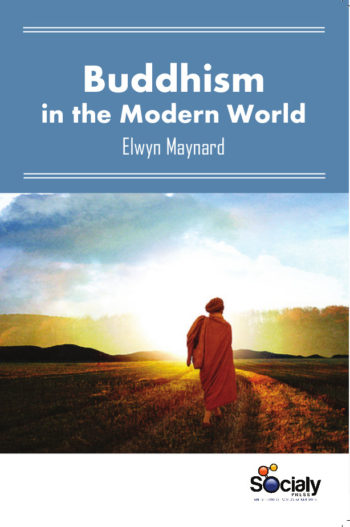The 21st century is witnessing a resurgence and globalization of religion. Around the world, religion has become an increasingly more vital and pervasive force in both personal and public life. Buddhism has adapted to rapid economic, social, cultural and political transformations in the modern, post-modern and globalized world. Since its inception in India in the sixth century BC, Buddhism spread, first throughout Asia, and then globally in the nineteenth and twentieth centuries. The transformations Buddhism has been undergoing in the modern age have inspired much research over the last decade. The main focus of attention has been the phenomenon known as Buddhist modernism, science, or gender equality. Buddhism has shown a remarkable flexibility and an ability to co-exist with a variety of social structures as it spread not only to farming and herding societies, but also to highly complex Asian and Western urban centers. In the West, the popularity of Buddhism was inspired by the academic study of Asian religions, the romanticism of Orientalism, the Beat-generation of the 1950s, the hippies of the 1960s and the contemporary New Age-movement – as well as by Asian migration to the West. Buddhists work, not only for world peace, but also for increased social engagement, ecological wareness and gender equality.
Buddhist Modernities: Re-inventing Tradition in the Globalizing Modern World offers studies on Buddhist modernism by attempting to clarify the highly diverse ways in which Buddhist faith, thought, and practice have developed in the modern age, both in Buddhist heartlands in Asia and in the West. At the same time – both in the past and in the contemporary world – Buddhist clerics have encouraged to, and also engaged in, armed conflicts and wars. This Book covers, with a thematic and/or regional focus, such modern Buddhist developments.












